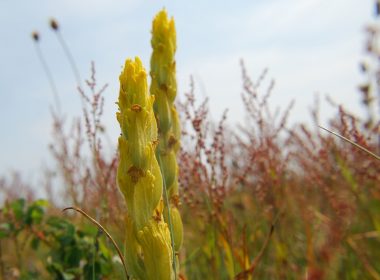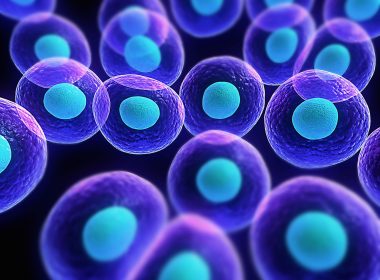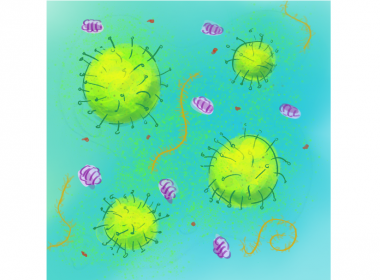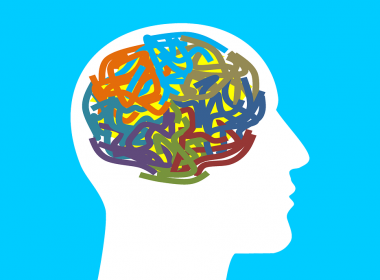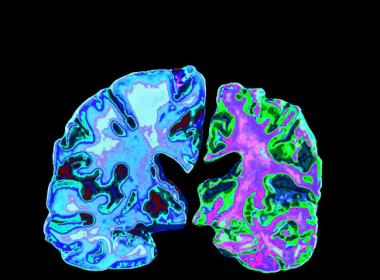From the boreal forests of Newfoundland to the majestic Douglas firs of British Columbia, Canada boasts some of the most astounding plant life the world has to offer. Yet, Canada’s flora are becoming increasingly threatened by climate and land-use change. Conservation biology is an important area of scientific research that[Read More…]
Research Briefs
A new approach to addressing urban homelessness
The homelessness epidemic continues to affect over 235,000 Canadians each year, most of them in major cities. Despite some efforts from municipal governments and charitable organizations to address the staggering number of unhoused Canadians, this figure has continued to rise annually since the late 1980s. However, a new study published[Read More…]
Detecting tiny cracks can reveal the potential of new technologies
The properties of materials, from the plastic in water bottles to the metal beams of skyscrapers, are determined by their microscopic structure. However, most substances are not perfectly uniform and rather contain a significant number of minuscule defects. These imperfections play a large role in determining the physical properties of[Read More…]
New evidence of sticky proteins redefines bacterial cell organization
A team of biologists at McGill are changing the way scientists think about the subcellular organization of bacteria. The research group, led by Dr. Stephanie Weber, Assistant Professor of Biology at McGill, examines the spatial organization of living systems using E. coli, a species of bacteria commonly used in laboratory[Read More…]
Gene therapy provides a potential breakthrough in brain cancer treatment
In the fight against cancer, scientists have long grappled with the ambiguous nature of stem cells. Glioblastoma tumours, the most aggressive form of brain cancer in adults, consist of these cells, which have the notable ability to self-renew. This makes these tumours notoriously hard to treat with targeted radiation therapy[Read More…]
Mapping the types and causes of cancer
Cancer is a family of related diseases caused by the uncontrolled division of cells known as a tumour. The Pan-Cancer Analysis of Whole Genomes, a six-year project comprising the work of more than 1,300 researchers in 37 countries, is the largest, most in-depth analysis of cancer genomes to date. It[Read More…]
Smoothing the road of glucose highs and lows
Though diabetes was officially discovered in 1899, records of diabetes-like symptoms, such as excessive thirst and urination, go back 3,000 years to ancient Egypt. Diabetes mellitus, or simply diabetes, is a group of metabolic disorders characterized by high blood sugar for a prolonged period of time as a result of[Read More…]
Bacteriophages in the battle against malnourishment
‘You are what you eat’: It is an idiom many have heard in trendy food advertisements or in their grandparents’ kitchen. But, for scientists, this common phrase has been proven in the now extensive body of research known as gut microbiomics. Aiding in digestion, producing certain vitamins, and even assisting[Read More…]
How inattention-hyperactivity affects the brain
A new study published in The Canadian Journal of Psychiatry sheds light on the relationship between brain development and behavioural disorders such as inattention-hyperactivity disorder, a condition similar to Attention Deficit Hyperactivity Disorder (ADHD). “The term inattention-hyperactivity, as defined in this study, refers to a set of behaviours such as fidgeting and[Read More…]
A new treatment for Alzheimer’s
Alzheimer’s disease currently affects around 44 million people worldwide. The disease destroys cells in the brain, inducing symptoms such as memory loss, mood swings, poor judgement, and a shortened attention span. The number of Canadians suffering from this debilitating illness is rising, but no cure or treatment currently exists to[Read More…]
